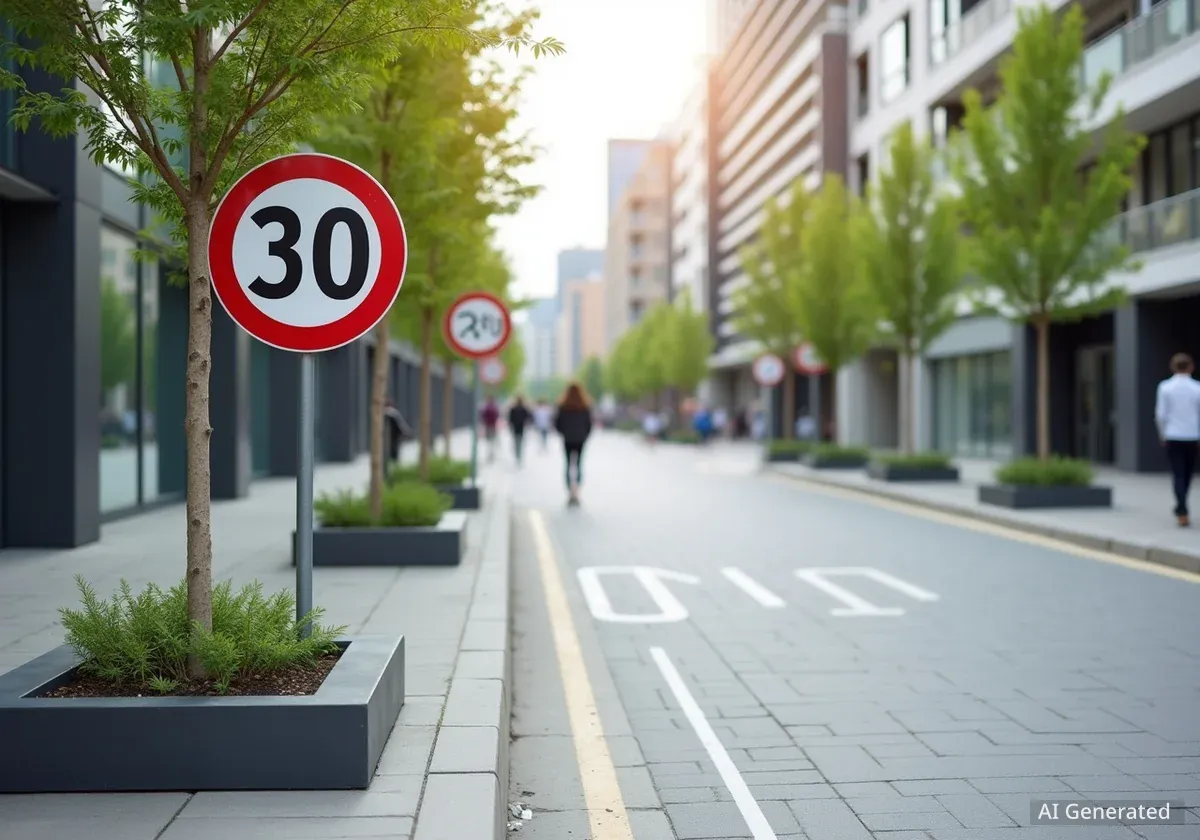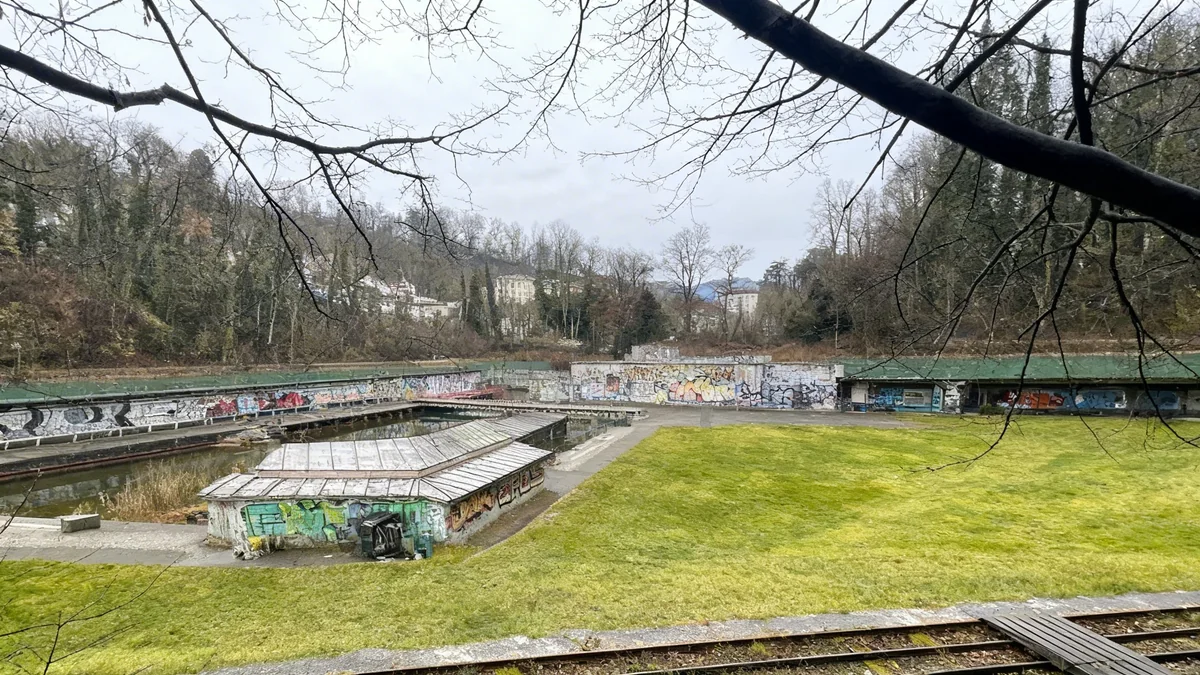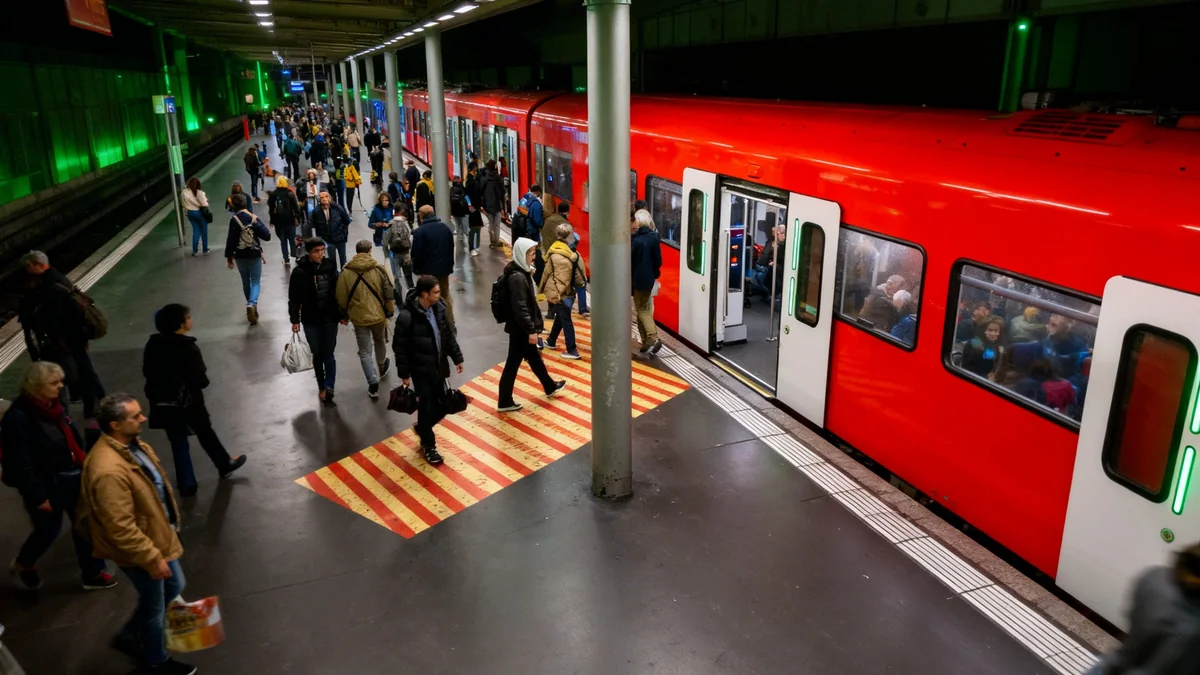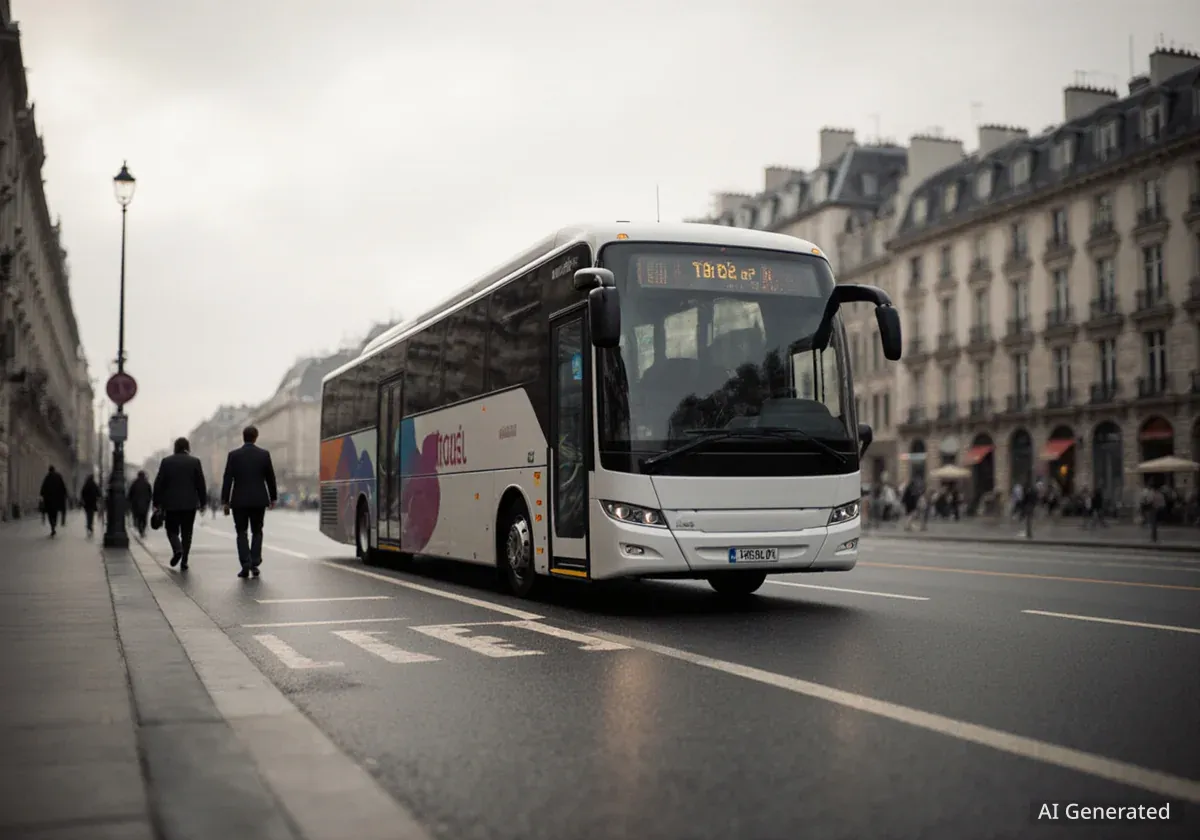Münchenbuchsee is set to undergo a significant transformation as the Canton of Bern advances plans to revitalize the Bernstrasse and Oberdorfstrasse. The project includes introducing a 30 km/h speed limit, adding more trees, and reducing parking spaces. While local authorities support the initiative, the business community has raised concerns about the impact of fewer parking options on customer access.
Key Takeaways
- The Canton of Bern plans to upgrade Bernstrasse and Oberdorfstrasse in Münchenbuchsee.
- A 30 km/h speed limit will be implemented in the town center.
- The project aims to enhance the area's appearance with additional trees and green spaces.
- Parking spaces along the main roads will decrease from 67 to 49.
- Local businesses oppose the reduction in parking, fearing a loss of customers.
- The estimated cost of the project is over 7.5 million Swiss Francs.
Road Upgrades and Traffic Calming Measures
The Canton's plan focuses on improving the quality of life and traffic flow in Münchenbuchsee's central area. A temporary mini-roundabout at Bären Münchenbuchsee, in place for four years, has already shown positive results. It has eased traffic congestion and improved bus punctuality. This provisional roundabout will become a permanent feature as part of the broader redesign.
The initial concept for the redesign dates back to 2010. It was not pursued at that time due to negative feedback. However, the need to reshape the traffic-heavy town center remained clear. The current preliminary project, presented in February 2022, received largely positive responses during public consultation. Most criticism came from local businesses.
Project Snapshot
- Speed Limit: Reduced to 30 km/h.
- Parking: 18 spaces removed (from 67 to 49).
- Greenery: Additional trees and green spaces planned.
- Footpaths: Most pedestrian crossings will be removed.
- Bus Stops: Central stops moved to Bernstrasse near the roundabout.
New Speed Limits and Pedestrian Zones
The finalized plan for the 'center L' – the local term for the Bernstrasse and Oberdorfstrasse connection – introduces a 30 km/h speed limit on both cantonal roads. This applies to the section between Talstrasse and Schöneggweg intersections. A significant change is the removal of almost all pedestrian crossings. Pedestrians will still be able to cross the street at any point but will not have priority.
Bus stops in the town center will be relocated to Bernstrasse, next to the newly permanent roundabout. These changes aim to create a more harmonious and safer environment for all road users, especially pedestrians and cyclists, while also improving the aesthetic appeal of the area.
"It is exciting because we see the compromises embedded in the project," said Manfred Waibel, President of the Municipal Council.
Parking Reductions and Business Concerns
One of the most debated aspects of the project is the reduction in parking spaces. The number of parking spots along the cantonal roads will decrease from 67 to 49. This reduction is primarily due to updated visibility standards that current parking arrangements no longer meet. With the previous 50 km/h speed limit, even fewer spaces would have been compliant with safety norms.
To offset some of these losses, additional parking spaces are planned near the day school and the parish hall. However, the local business association, KMU Münchenbuchsee, remains critical. They have filed an objection against the road plan, expressing worries about losing customers due to reduced parking availability.
Tempo 30 Moratorium
There is an ongoing debate at both cantonal and national levels regarding the approval of 30 km/h speed limits on traffic-oriented roads. However, Münchenbuchsee's project is not affected by this discussion. Circle Chief Engineer Claudia Christiani confirmed that projects already well underway are allowed to proceed. The legally required expert opinion for the project has been obtained.
Environmental Enhancements and Stream Revitalization
Beyond traffic management, the project includes substantial environmental improvements. The center's appearance will be enhanced with new plantings, arranged to form an avenue or an indirect tree canopy. Parking areas will be made more permeable, using grass pavers instead of solid asphalt. This helps manage rainwater and supports urban greening.
A notable ecological initiative is the revitalization of the culverted Dorfbach stream. Over a length of more than 30 meters, near the Häberlis Schützenhaus restaurant on Oberdorfstrasse, the stream will be uncovered. This will restore a natural water feature to the town center, improving local biodiversity and visual appeal.
Community Involvement and Project Costs
Local authorities have actively supported the Canton's plans. Municipal President Manfred Waibel confirmed the community's involvement in developing the project. He highlighted the collaborative spirit that led to the current design, incorporating various compromises.
Because Münchenbuchsee did not request any special additions to the plan, the municipality will not contribute to the estimated costs of over 7.5 million Swiss Francs. However, the municipality plans to review 30 km/h zones in individual residential areas through separate processes. This is to ensure that neighborhood streets do not have higher speed limits (40 or 50 km/h) than the main cantonal road.
Business Objections and Future Outlook
Thomas Krebs, President of KMU Münchenbuchsee, outlined three main points of concern for the business community. He argues that the removal of most pedestrian crossings, coupled with the 30 km/h limit, could make crossing the street confusing for pedestrians, as they will no longer have priority. He also emphasized the negative impact of losing even a single parking space for local businesses.
Krebs suggested that some planned tree placements could be replaced with additional parking spots. His third point concerns the proposed six-meter road width. He believes this is too narrow for intersections, considering the frequent passage of large trucks, buses, and agricultural vehicles.
Despite these objections, the project is moving forward. Claudia Christiani stated that construction in Münchenbuchsee is expected to begin in 2027 or 2028. The Canton aims to balance traffic efficiency, safety, urban aesthetics, and environmental sustainability in the town center.




